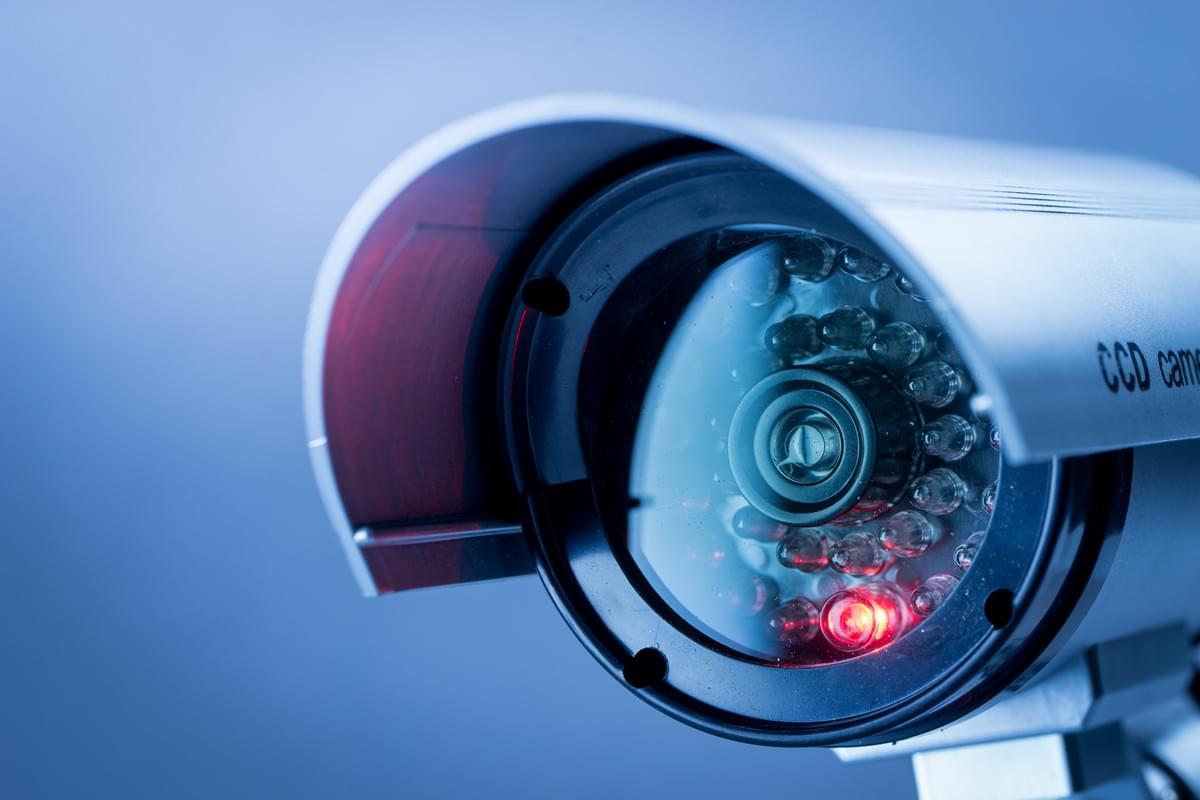
A home security camera is simply a video camera that records footage of your property and home that you may view on your smartphone, laptop, or desktop with an internet connection. Most modern home security cameras are video-based and function with an intuitive user interface, so that you don't have to type in each command separately. You simply point the camera at the area that needs surveillance, and the device automatically starts recording footage as soon as it is triggered. Some cameras also allow you to view live through your smart phone or desktop, so you can immediately see what's going on in your property even if you're not there. Many Home hidden camera kits are also motion-activated and will capture and send you a signal when they detect movement, so you don't even need to be present when the camera senses movement.
If you are running an apartment, you may want to consider video storage and wi-fi security cameras, which use a high-speed transmission to transmit video information across long distances. This technology is not yet available in stores, but you should be able to find retailers that offer both types of equipment in the near future. Video storage and wi-fi security cameras use radio waves to transfer the captured footage, rather than direct contact like cordless cameras do. Because these systems run on batteries, you'll need to have power constantly available, though this isn't usually a problem for most locations. Wireless cameras, on the other hand, don't require any sort of power source, so you won't have to worry about keeping an eye on your property when you're away.
The Hidden cameras with audio come in all shapes and sizes, with some capable of covering more than one room. You can use wi-fi or hard wired video storage and security cameras to keep an eye on your garage, exterior balcony, backyard, pool, or any other area of your property. Even if you only use your home security cameras to watch your pool, there's no reason you should skip over the potential benefits of this security technology.
There are a few differences between using home security cameras and using wireless cameras. Wireless systems work at various speeds, depending on the range of the device. Some can stream at incredible speeds while others run at a much slower rate. For example, a wireless video security camera using wi-fi will stream at a maximum of 4 megapixels per second, while other devices can stream at rates as high as 75 megapixels per second. For this reason, it's important that you don't buy a device with capabilities that will only be useful for your particular purposes.
While you may think that your security camera needs are unique and require custom setup, this is far from true. Most security cameras use standard protocols and are very simple to install. You should have no trouble finding a company that offers home security video storage solutions, either through the internet or by contacting your local security equipment store. In addition, many security equipment stores provide technical support on their devices, so if you run into problems you don't have to call them out - they'll be more than happy to address them for you!
Installing home security video surveillance cameras is a relatively inexpensive proposition when compared to the potential costs to property and lives if your house was broken into or if you had an undesirable visitor. Keep in mind, too, that your home security video footage can often be used as evidence in a court of law, should you ever need to prosecute someone for a crime. Just be sure that you keep the camera's battery charged at all times! You can get more enlightened on this topic by reading here: https://en.wikipedia.org/wiki/Closed-circuit_television.